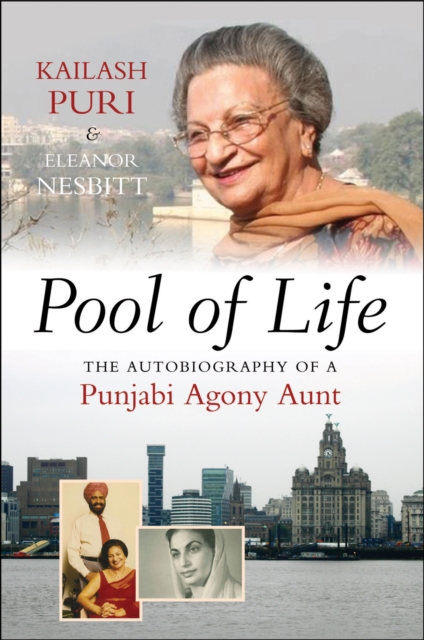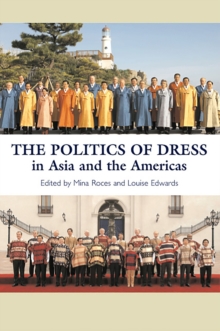
Pool of Life : The Autobiography of a Punjabi Agony Aunt EPUB
by Kailash Puri, Eleanor Nesbitt
Part of the The Liverpool Library of Asian & Asian American Studies series
EPUB
Description
Eleanor Nesbitt's introduction contextualises the life of Kailash Puri, Punjabi author and agony aunt, providing the story of the book itself and connecting the narrative to the history of the Punjabi diaspora and themes in Sikh Studies.
She suggests that representation of the stereotypical South Asian woman as victim needs to give way to a nuanced recognition of agency, multiple voices and a differentiated experience.
The narrative presents sixty years of Kailash's life.
Her memories of childhood in West Punjab evoke rural customs and religious practices consistent with recent scholarship on 'Punjabi religion' rather than with the currently dominant Sikh discourse of a religion sharply distinguished from Hindu society.
Her marriage, as a shy 15-year-old, with no knowledge of English, to a scientist, Gopal Puri, brought ever-widening horizons as husband and wife moved from India to London, and later to West Africa, before returning to the UK in 1966.
This life experience, and Gopal's constant encouragement, brought confidence to write and publish numerous stories and articles.
Kailash writes of the contrasting experiences of life as an Indian in the UK of the 1940s and the 1960s.
She points up differences between her own outlook and the life-world of the post-war community of Sikhs from East Punjab now living in the West.
In their distress and dilemmas many people consulted Kailash for assistance, and the descriptive narrative of her responses and advice and increasingly public profile provides insight into Sikhs' experience in their adopted country.
In later years, as grandparents and established citizens of Liverpool, Kailash and Gopal revisited their ancestral home, now in Pakistan a reflective and moving experience.
An Afterword by Eleanor contextualises the current UK Sikh scene.
The book includes a glossary of Punjabi words and suggestions for further reading.
Information
-
Download - Immediately Available
- Format:EPUB
- Pages:192 pages
- Publisher:Liverpool University Press
- Publication Date:01/08/2013
- Category:
- ISBN:9781782840671
Other Formats
- PDF from £11.99
Information
-
Download - Immediately Available
- Format:EPUB
- Pages:192 pages
- Publisher:Liverpool University Press
- Publication Date:01/08/2013
- Category:
- ISBN:9781782840671









